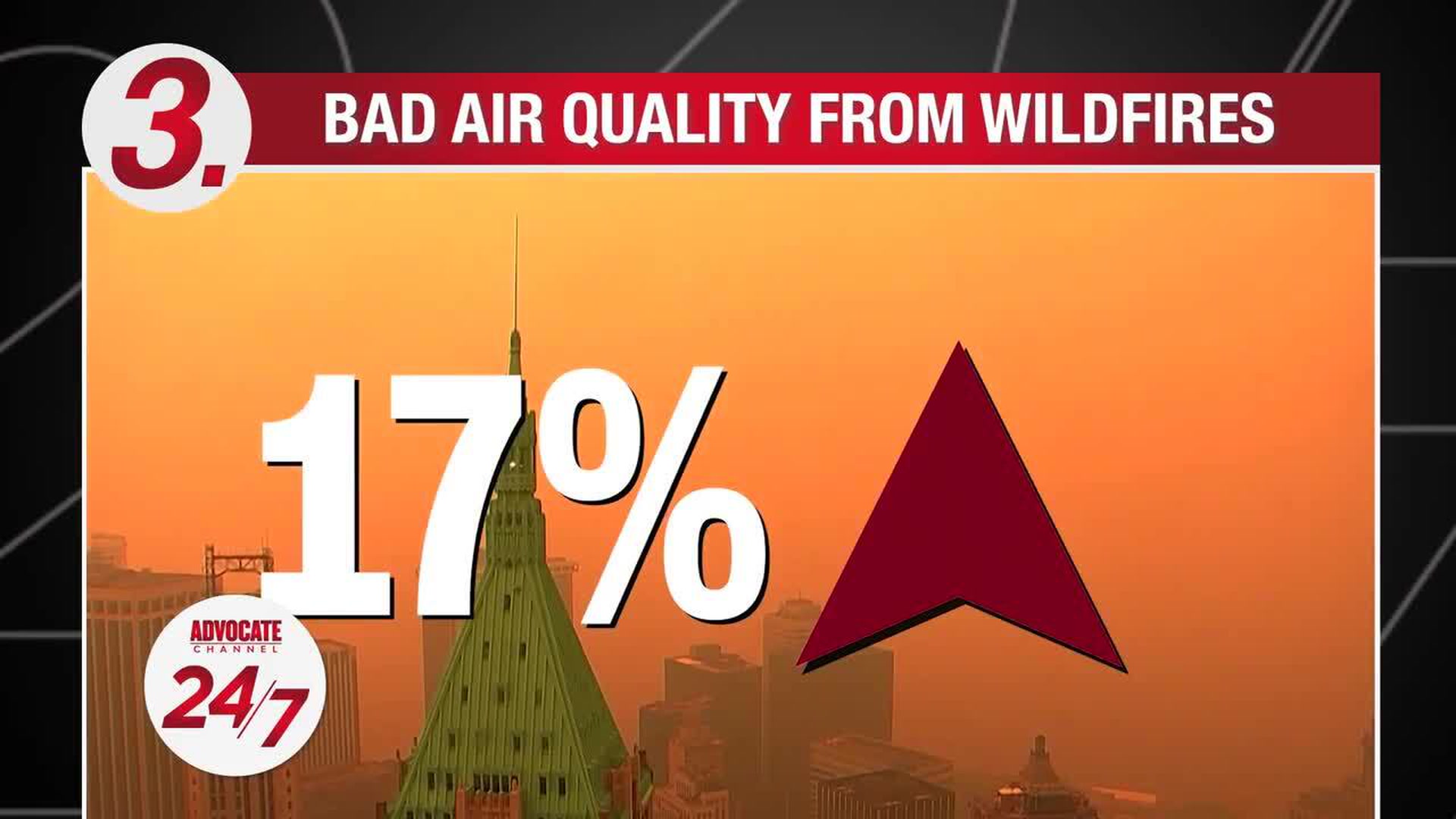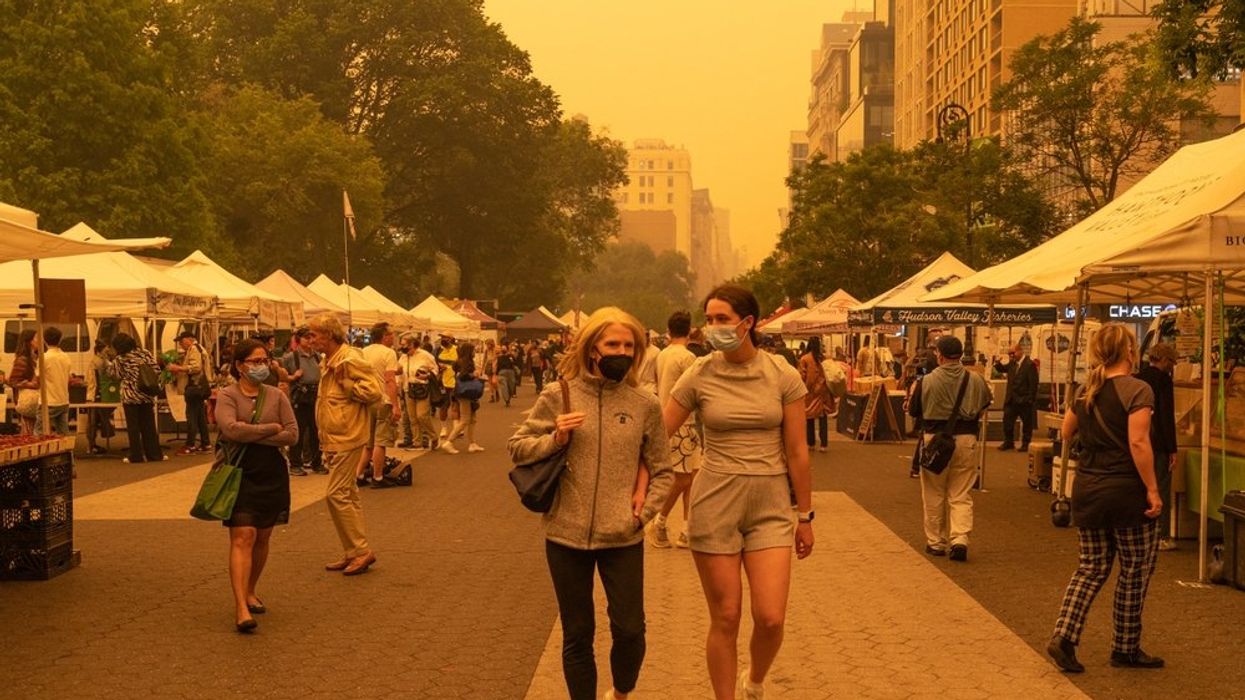Despite efforts to improve air quality in the United States, smoke from unprecedented wildfires has rolled back decades of progress.
The Clean Air Act of 1963 aimed to lower air pollution by regulating emissions, and for decades, air quality in the U.S. steadily improved. Today, about a quarter of the improvements from the past two decades have been reversed by wildfire smoke, according to a new study in Nature.
Wildfires and Air Quality

In Colorado, Montana, New Mexico, Washington, and Wyoming, over 50 percent of the progress made since 2000 has been lost. In Oregon and Nevada, wildfire smoke has completely reversed air quality improvements.
The Clean Air Act does not regulate wildfire smoke, even in cases of controlled burns. However, the Biden Administration has recently pushed for more prescribed burns and tree-thinning projects in order to keep fire outbreaks smaller and less destructive.
At one point over the summer, Canada had over 1,000 wildfires burning across the country. The smoke impacted air quality across the United States, which was already in the midst of a record-breaking summer for temperatures. In early July, New York City was reported to have the worst air quality in the world.
Heat waves alone lead to poor air quality, even without wildfire pollution. Stagnant air that occurs during heat waves increases ozone and particulate pollution, which leads to dangerous ozone levels in and around urban areas.
Wildfires are often started by human activities, such as campfires or explosives, but climate change facilitates environments where fire thrives. The fires that occurred over the summer are believed to have been exacerbated by record heat waves and dry conditions, both results of greenhouse gas emissions.
The study in Nature notably did not use data from 2023, when the wildfires that gripped North America for months occurred. If it had, the results would likely have shown considerably worse air quality trends than those found in the years prior.



















































